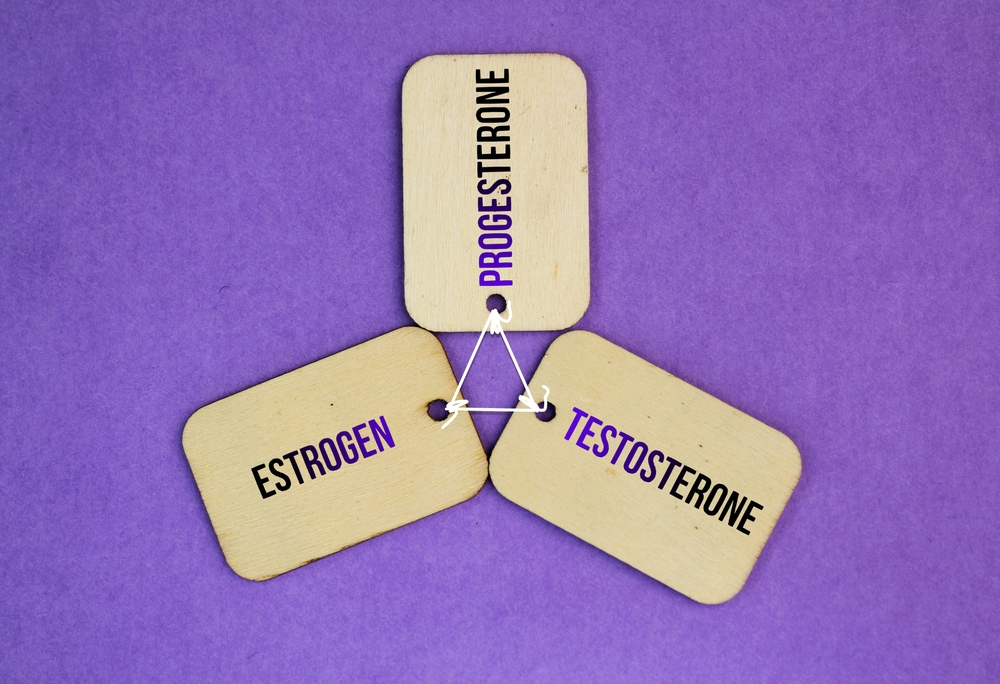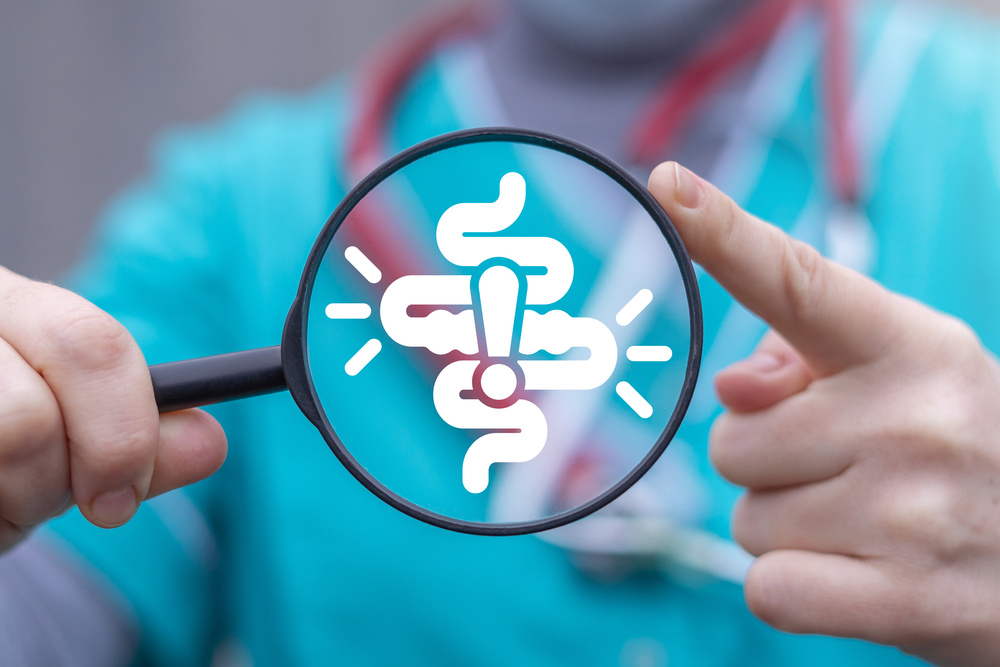Understanding the Role of Estrogen in Weight Management During Menopause
Menopause marks a significant transition in a woman’s life. This natural biological process signals the end of menstruation and fertility, typically occurring between the ages of 45 and 55. Alongside the physical and emotional changes of menopause, many women notice a frustrating new development: weight gain. Despite maintaining the same diet and exercise routine, those extra pounds often seem to accumulate, particularly around the abdomen. What’s driving this phenomenon? A key player in this process is estrogen—a hormone whose levels decline during menopause.
This article explores how estrogen affects weight management, why menopausal weight gain occurs, and how hormone replacement therapy (HRT) can help mitigate these challenges.
The Role of Estrogen in the Female Body
Estrogen is one of the primary hormones regulating a woman’s reproductive system. However, its influence extends far beyond fertility. Estrogen impacts:
- Metabolism: Estrogen helps regulate energy expenditure and fat storage. It promotes the efficient use of glucose, reducing the likelihood of excess fat accumulation.
- Fat Distribution: Higher levels of estrogen tend to result in fat storage around the hips and thighs, while lower levels are linked to abdominal fat storage—a shift often seen during menopause.
- Appetite and Cravings: Estrogen influences hunger hormones like leptin and ghrelin, helping maintain a balance between appetite and energy needs.
- Insulin Sensitivity: Estrogen helps the body respond effectively to insulin, which is critical for maintaining stable blood sugar levels and preventing fat storage.
When estrogen levels decline during menopause, these processes can become dysregulated, leading to changes in weight and body composition.
Why Menopause Contributes to Weight Gain
The hormonal shifts during menopause create a perfect storm for weight gain. Here are some of the key factors involved:
- Reduced Estrogen Levels: As estrogen declines, the body’s ability to regulate fat storage and distribution changes. This often results in more visceral fat (fat stored around the organs), which is associated with increased health risks such as heart disease and type 2 diabetes.
- Slower Metabolism: Age-related declines in muscle mass and metabolic rate make it easier to gain weight and harder to lose it. Without sufficient estrogen, this slowdown can become more pronounced.
- Increased Appetite and Cravings: The loss of estrogen disrupts the balance of hunger hormones, potentially leading to overeating or a preference for high-calorie, high-sugar foods.
- Sleep Disruptions: Menopause-related symptoms such as hot flashes and night sweats can interfere with sleep. Poor sleep is closely linked to weight gain due to increased cravings and reduced willpower.
- Decreased Physical Activity: Energy levels often dip during menopause, making it harder to maintain regular exercise routines.
How Hormone Replacement Therapy (HRT) Can Help
Hormone replacement therapy (HRT) offers a promising solution for managing menopause-related weight gain. By replenishing declining estrogen levels, HRT helps restore hormonal balance, which can positively impact weight management.
- Improved Fat Distribution: HRT can help reverse the shift toward abdominal fat accumulation by promoting a healthier fat distribution pattern, similar to pre-menopausal years.
- Enhanced Metabolic Rate: Restoring estrogen levels through HRT has been shown to increase resting energy expenditure, helping women burn more calories even at rest.
- Better Appetite Control: Estrogen supplementation can help regulate hunger hormones, reducing cravings and overeating tendencies.
- Increased Insulin Sensitivity: HRT supports the body’s insulin response, lowering the risk of fat storage and stabilizing blood sugar levels.
- Improved Sleep Quality: HRT addresses menopause-related sleep disruptions, which indirectly supports weight management by curbing cravings and enhancing energy levels for physical activity.
Beyond Weight Management: The Broader Benefits of HRT
While HRT’s impact on weight is significant, it also offers a host of other health benefits that contribute to overall well-being:
- Bone Health: Estrogen plays a critical role in maintaining bone density. HRT helps reduce the risk of osteoporosis and fractures.
- Heart Health: By improving lipid profiles and reducing abdominal fat, HRT lowers the risk of cardiovascular disease.
- Mood Stability: HRT helps alleviate mood swings, anxiety, and depression often associated with menopause.
- Skin and Hair Health: Estrogen contributes to collagen production, which can enhance skin elasticity and reduce signs of aging.
Common Concerns About HRT
Despite its benefits, some women hesitate to try HRT due to concerns about safety. It’s important to note that modern HRT options are tailored to meet individual needs, minimizing risks. For most women, the benefits of HRT—including improved quality of life and reduced health risks—far outweigh the potential downsides.
If you’re considering HRT, it’s essential to consult with a qualified healthcare provider to discuss your medical history, symptoms, and goals. Together, you can determine the best course of action.
Supporting Weight Management During Menopause: Lifestyle Tips
While HRT is a powerful tool, adopting a holistic approach to weight management during menopause yields the best results. Here are some actionable tips:
- Prioritize Protein: Protein supports muscle retention and helps keep you full, reducing the likelihood of overeating. Incorporate lean meats, fish, eggs, and plant-based proteins into your diet.
- Stay Active: Regular exercise, including strength training and cardiovascular workouts, boosts metabolism and prevents muscle loss. Even activities like walking or yoga can make a difference.
- Focus on Fiber: A fiber-rich diet aids digestion, stabilizes blood sugar levels, and promotes satiety. Add more fruits, vegetables, whole grains, and legumes to your meals.
- Manage Stress: Stress increases cortisol levels, which can promote fat storage, particularly in the abdomen. Techniques such as meditation, deep breathing, or mindfulness can help.
- Stay Hydrated: Proper hydration supports metabolism and reduces bloating. Aim for at least eight glasses of water daily.
- Get Quality Sleep: Establish a bedtime routine, limit screen time before bed, and create a cool, dark sleeping environment to improve sleep quality.
When to Seek Help
If you’ve tried these strategies and still find it challenging to manage your weight during menopause, it might be time to explore professional support. Hormone imbalances can have a profound impact on your body, and addressing them with expert guidance can lead to meaningful results.
Take Control of Your Health with Apex Hormone Health
Weight management during menopause doesn’t have to be a losing battle. Understanding the role of estrogen and addressing hormonal imbalances through HRT can help you reclaim control over your health and well-being. At Apex Hormone Health, we specialize in personalized hormone replacement therapy plans designed to meet your unique needs.
Our experienced team will guide you every step of the way, ensuring you feel empowered and supported. Don’t let menopause-related weight gain hold you back—take the first step toward a healthier, more vibrant you today.







